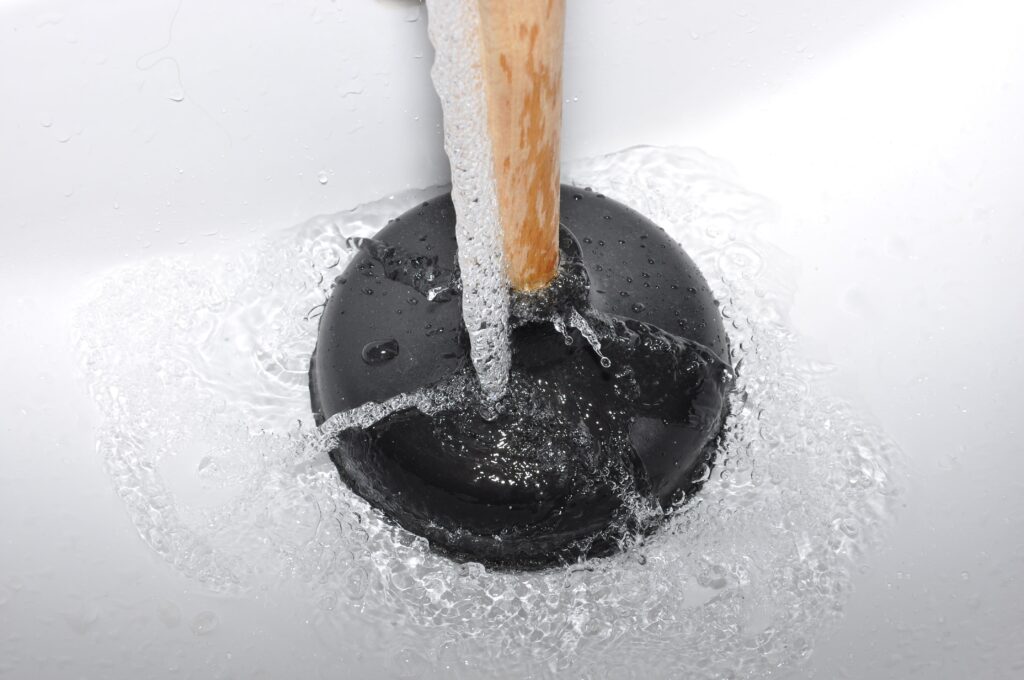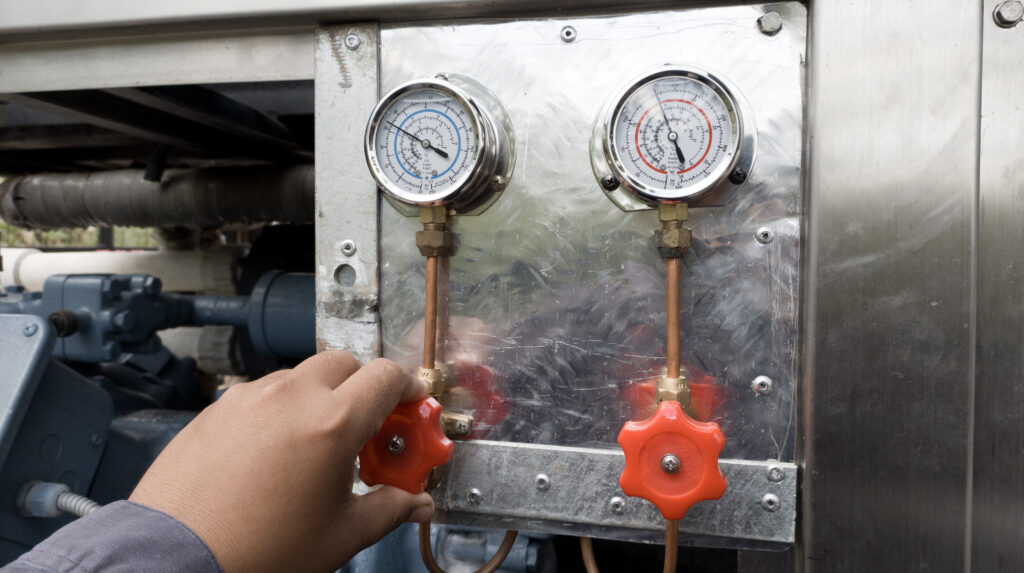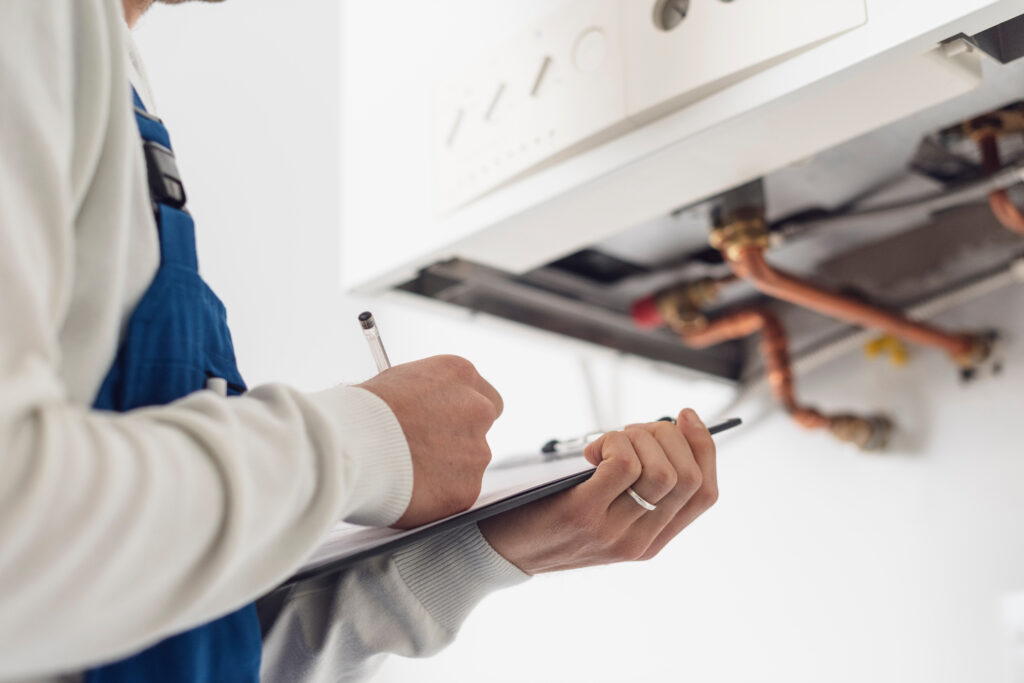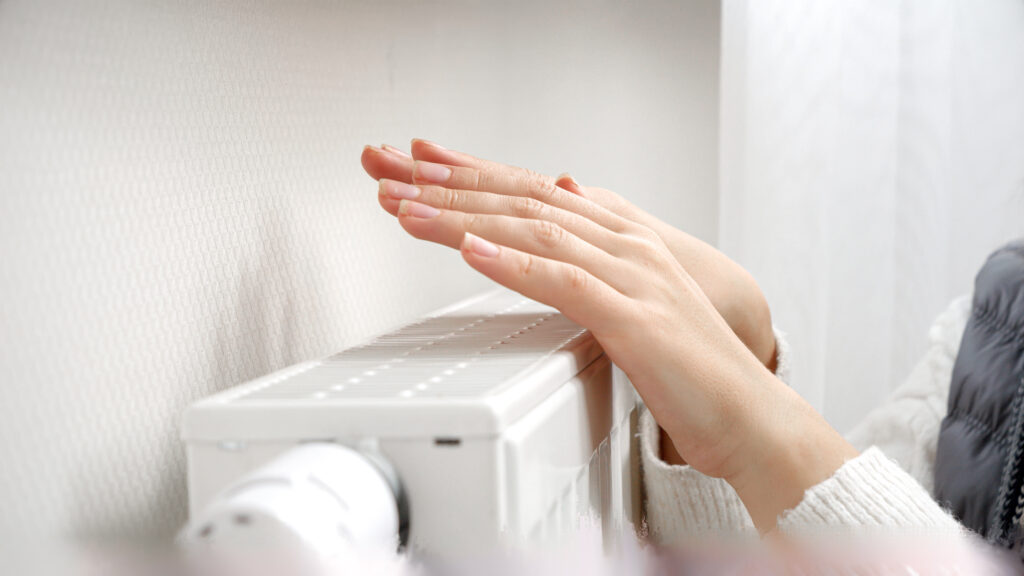If you have a drain that is blocked or has been blocked, then you should take the time to figure out why. There are many reasons for drains becoming blocked and some of them can be very serious. Fortunately, most drains become unblocked with help from an expert plumber. This blog post will discuss what causes drains to become blocked and how to avoid having this happen in your home.
Putting Incorrect Items Down your Toilets and Sinks
One of the most common causes for blockages through putting things down into your drains that you should not be doing is wipes and fats. Baby/facial/cleaning wipes etc don’t break down like toilet paper does, so they accumulate in a drain eventually causing it to become blocked up even if their label says “flushable”. Fats also cause problems because when these kinds solidify, then there’ll likely end up being an accumulation over time which can cause serious issues such as clogging or worse; burst pipes!
What you can do –
In order to avoid a clogged toilet, don’t put anything other than toilet paper down the drain and dispose of fats in a safe manner. Pour warm grease into an old yoghurt pot until solidified or pour away with no residue on dishes after use (you may need two separate containers).
External Items Getting into the Drains
Drains can also become blocked from the outside. Leaves, stones and debris might fall down grates and get into drains where they don’t belong; sometimes people pour things like paint or laundry detergent down them which will eventually cause blockages if not attended to immediately!
What you can do –
Do you have any drains that are always covered with leaves, branches or other debris? If so consider installing drain covers to help keep them clean.

Tree Roots
The roots of a tree can create problems for your plumbing, as they may be extensive and interfere with the pipe system. Roots grow out from beneath the ground in search of nutrients which might come up through soil or walk across it during their journey to meet this need; even if there was minimal contact when pipes were originally installed-but now those same trees have grown so close together that they formed one big root loop around our drainpipes restricting water flow!
What you can do –
You’re probably limited because you can’t see what’s happening underground, but just keep an eye on any trees around your property. If there are roots coming up through the ground or crackling paths then it might be worth calling a professional for help with these issues as well!
Structural Issues with your Pipe
The pipes that carry our homes’ water can break down for a number of reasons. The most common issue is if they are made from terra cotta or fibreglass, which will crack over time because the material isn’t strong enough to withstand pressure laterally imposed by nearby buildings’ plumbing systems; but sometimes these blockages occur due to other factors too – such as subsidence compromising its foundation and causing cracks in some cases!
What you can do –
There are some situations where you might want to know if there is an issue with your sewer system before it’s too late. A professional survey using correlator technology can help, but be aware that waiting until the problem arises will only make matters worse.
Signs of a Drainage Block you Need to Look Out For?
It’s important to look out for the signs of a blockage before it becomes too serious. This could mean anything from bad smells coming from toilets or sinks, water not draining away properly in your house and cellars becoming discoloured with dirty sediment.
It may be hard telling when something is wrong but luckily there are some telltale clues – like wet carpets near drains; foul-smelling black liquid seeping through tiles at ground level; uneven creaking sounds heard while walking upstairs all these things point towards potential issues.
How to Deal with Blocked Drains – Contact Heat Tec
Blocked drains are a common problem in homes and businesses, but they can also be prevented with regular maintenance. Call Heat Tec, today for professional drain cleaning services! We offer free estimates on all of our work.






